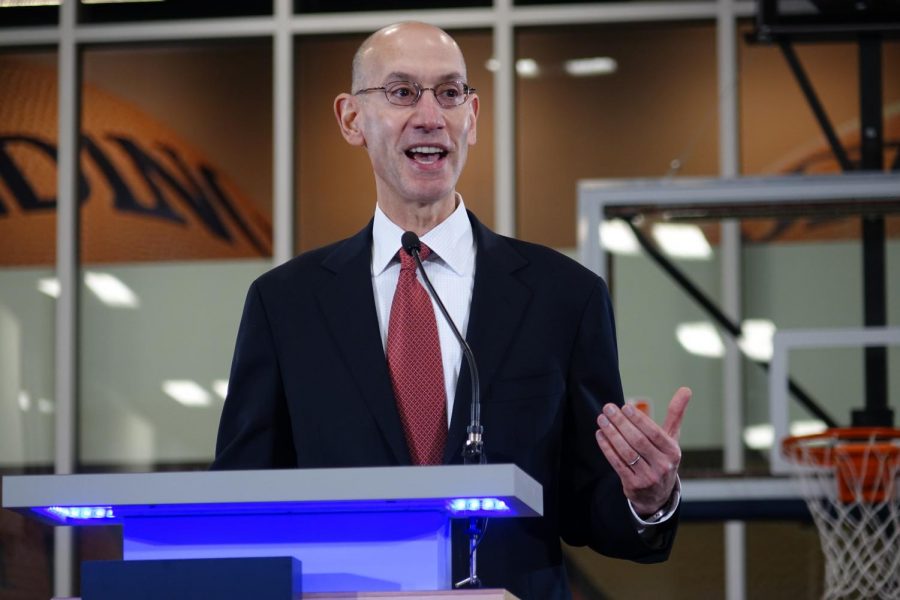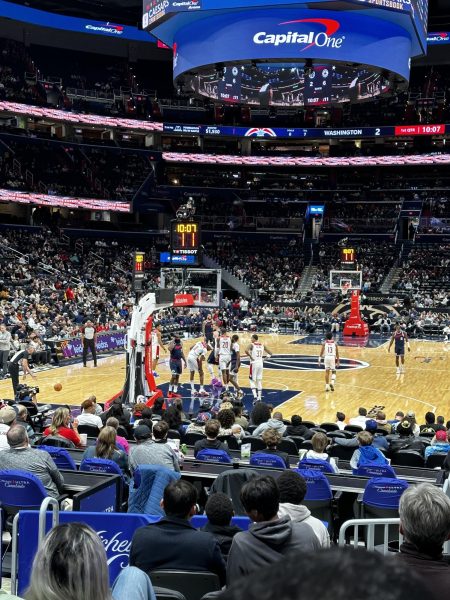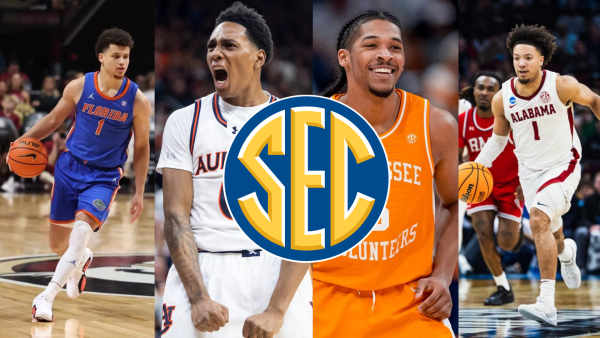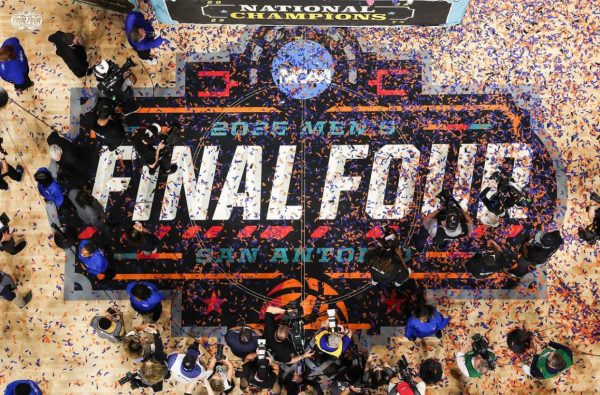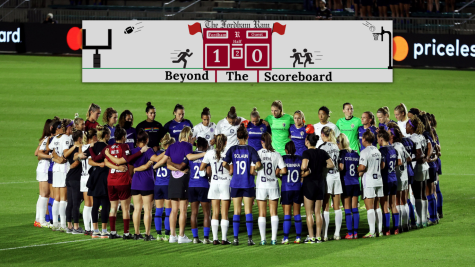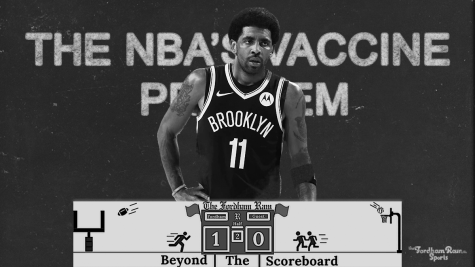Beyond the Scoreboard: What Does New NBA Tampering Rules Mean for Its Players?
The National Basketball Association (NBA) and commissioner Adam Silver are done with a conservative, 2-3 zone-styled approach in regards to tampering. Over the weekend, Silver made it abundantly clear that the league plans on implementing a full-court press to those found guilty of tampering moving forward.
This past Friday, Silver announced stricter measures of punishment to enforce compliance with the anti-tampering rules. Section (f) of article 35A in the NBA constitution states, “No person may, directly or indirectly, entice, induce, persuade, or attempt to entice, induce or persuade, any Player who is under contract to, or whose exclusive negotiating rights are held by, any other Member of the Association to enter into negotiations for or relating to his services.”
In layman’s terms, it means no player, coach, general manager or owner is allowed to convince someone employed by another team to join them. For NBA teams, the price to pay for such tampering has gone up exponentially. In 2017, the Los Angeles Lakers were fined 500,000 dollars by the league for what it deemed as unauthorized communications between representatives of then Oklahoma City Thunder small forward Paul George and Lakers GM Rob Pilenka.
Silver has admitted a fine of that amount is miniscule for NBA teams that generate millions of dollars like clockwork. Now, a possible fine for violating anti-tampering rules would result in having to pay five to ten million dollars. The league will also punish teams by suspending team executives and potentially voiding contracts of players involved in a tampering investigation.
This past off-season, tampering seemed absolutely blatant between teams and upcoming free agents. Technically, prospective free agent players and teams vying for their services had to wait until 6 p.m. on June 30th to begin official negotiations. However, multiple signings, including Kevin Durant choosing to go play for the Brooklyn Nets and Kemba Walker to the Boston Celtics, were reported to have been finalized minutes into free agency.
It would be incredibly naive for anyone to believe multi-million dollar NBA deals can be done in mere minutes. All indications are that teams like the Nets and Celtics had to have gotten in contact with representatives of Durant and Walker, respectively, leading into the June 30 start of free agency negotiation. If there was previous contact in both situations, this would have been obvious tampering as both players were not officially free agents until that Jun. 30th date.
Yet, at its conclusion, no NBA team was found guilty or fined for tampering of any kind.
However, there is one new provision which raises my eyebrow on how far Silver and the NBA are willing to go in its quest to prohibit future meddling in free agency.
Silver also confirmed that due to the new anti-tampering measures introduced, he now has the power to take people’s communication devices should he choose to. The NBA will also have the ability to audit as many as five random NBA teams every year, wherein it is granted full access of the audited team’s electronic communications. While most may assume this only truly effects team executives and its management moving forward, they are not the most likely to engage in tampering.
Quite simply put: the players themselves are the ones at most risk with the newly implemented rules. Consider Durant’s situation. At All-Star Weekend this past February, Durant and fellow all-star Kyrie Irving were seen frequently talking and speculation grew that both may have spent the weekend discussing their impending free agency. Irving would ultimately join Durant in Brooklyn.
While there is no proof to say both players conspired earlier in the year to team up, under the new rules now, both players would have likely been under investigation for possible tampering. In that case, Adam Silver could make the decision to ask both Durant and Irving to give the league access to text messages, emails and any other personal information on their communication devices.
Even if Durant and Irving went into League headquarters in New York and swore under oath that there was no tampering involved in their free agent decisions, Silver still has the option to take their devices. For now, he has stated repeatedly that he “does not want to take people’s devices.”
However, he did not say it will not happen if need be.
All of this creates a potential slippery slope with players privacy now in jeopardy if they are somehow associated with their teams potential tampering investigation. The league does not need substantial evidence moving forward now to ask for personal devices. Just a whiff of reasonable doubt would be all Silver needs to use his absolute power.
Until the next tampering scandal surfaces, we will have to wait on how the NBA deals with the potential violation of its players privacy. And sadly, there is nothing the players can do to stop this rule. The NBA is a private entity and is only subject to enforce and follow the rules in its own constitution.
As for now, more questions seemed to have been raised from the league’s new anti-tampering rules than have concrete solutions.



































































































































































































